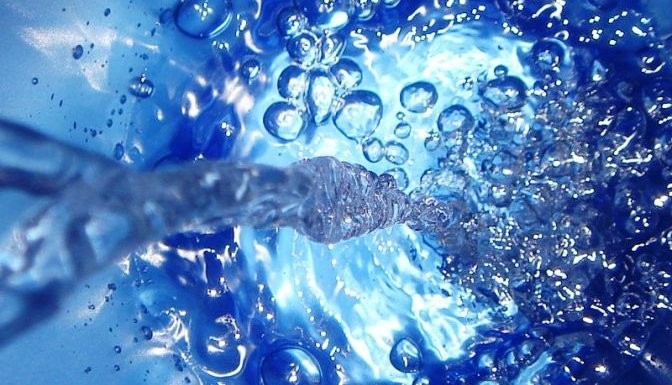
The importance of energy
Nearly every modern convenience is powered by electricity. We expect lights to immediately come on when we flick the switch and we always want our computers and mobile phones to boot up when we turn them on. If we don’t have access to power, our lives creep to a virtual halt. We can’t work. We can’t cook. We can’t do any of the things that we consider part of normal, modern day life. Energy powers our economy and is correlated with trillions of dollars in global economic activity. No wonder media organizations devote so many resources to covering the energy industry. It’s incredibly important. People need to know what is happening with energy production, consumption, and the impacts that energy has on our environment and our daily lives. It makes sense.
Water ignorance
Well, what about water? It’s everywhere. It’s in streams, lakes, rivers, and underground aquifers. It flows endlessly from our taps. It falls from the sky. Our oceans are filled with trillions of gallons of it. Our bodies are made primarily of it. It’s ubiquitous. It costs nearly nothing. We take it for granted.
Yet most people have no idea how much water they use. People chronically underestimate their water consumption by as much as 50%. In addition, we don’t have a clear understanding of where our water comes from. Most people don’t know the difference between a river basin, an estuary, and a wetland. We don’t understand how ecosystems are affected by water stress or the impact of drought on our food sources. More importantly, we have little idea of what providing water to meet our daily needs truly costs.
Facing the future reality
Humanity is facing a new paradigm of unprecedented and sustained global water stress. We are experiencing warmer climates, unpredictable weather patterns, mass deforestation and desertification, and widespread depletion of water storage resources. We are starting to see the impacts of global climate change and what decades of poor water resource management have done to our ecology, our economy, and our security. If we thought the battles over fossil fuels in the 20th century were deadly and chaotic, just wait for what’s in store as fights over water rights heat up in the 21st century and beyond.
What ultimately matters is that, as a society, we think more holistically about the various demands on our most critical resource and develop policies that recognize those trade-offs. We need to better plan for long-term resource stress and invest in efficiency, long acknowledged as the least expensive source of water. We need to upgrade our infrastructure and gather better data on water use to align consumption patterns with the cost of treatment and delivery. We need to encourage changes in human conduct using modern behavioral science and through appropriate pricing of our water. The true direct and indirect costs of our water should be reflected in what we pay for all the various services those resources enable. We need a greater thirst for water information.
Improved discourse
The challenges we face with water stress, and the related implications to nearly everything that impacts our daily lives are daunting. We’re not just talking water security, but food, environmental, and economic security as well. A step to help improve the conversation is to raise the level of discourse, further educate people as to the critical nature of the resource, and to provide information and data to help people make better decisions about their behavior. Ultimately, we all stand to benefit. After all, we’re all in this together.


